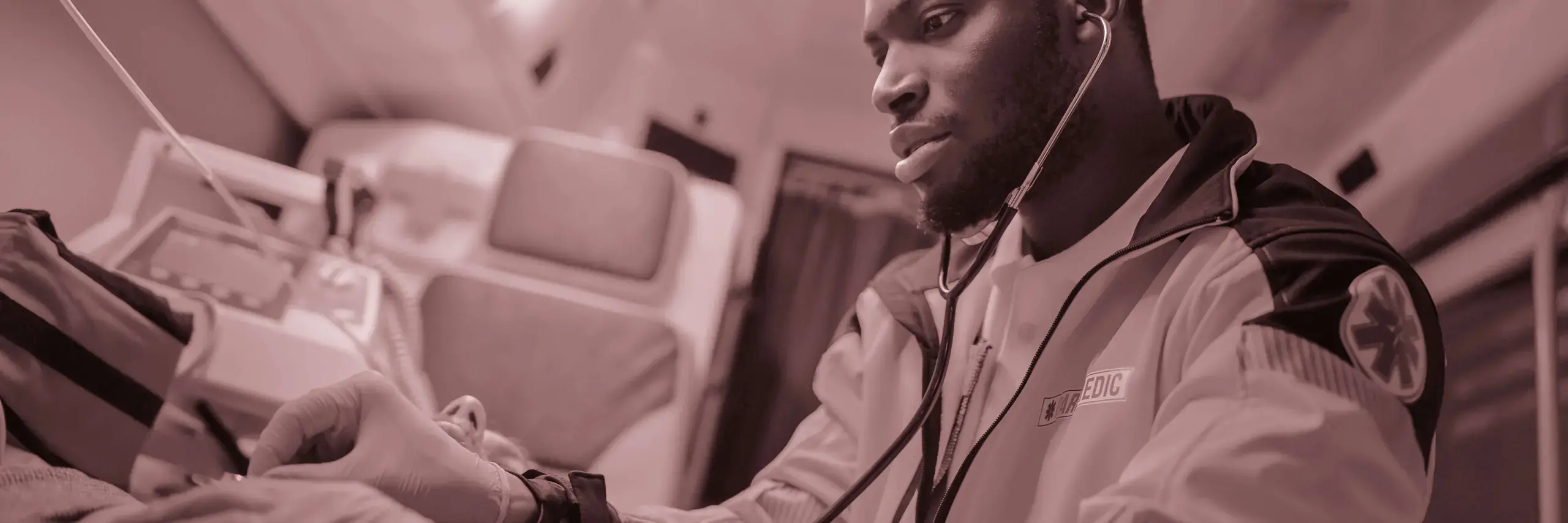Main content
Report on cognitive bias in fitness to practise decision-making
10 Jun 2021
The Professional Standards Authority for Health and Social Care has today published independent expert advice on cognitive bias in two types of decision-making in fitness to practise: panel hearings and case examiner accepted outcomes, a new way of dealing with fitness to practise cases.
We gave Leslie Cuthbert, a lawyer with expertise in cognitive bias and experience of chairing fitness to practise panels, the following brief:
- Looking at the two contrasting models and key differences between them, what is your assessment of how biases might affect the quality of decision-making in the AO model, as compared to the panel model?
- What is your assessment of the impact of these biases, in terms of fairness, discrimination, public protection, and any other aspects that might be pertinent to the effectiveness of professional regulation?
- What do you consider might be effective strategies for addressing these biases, particularly in the AO context?
- Does your assessment suggest any broad characteristics of cases that might be better resolved through either the AO route or the panel route?
The advice finds important differences in the biases that affect each method of decision-making and offers practical strategies for dealing with them. It concludes that there are certain sorts of cases that may be better left to panels: those where there is ambiguity or gaps in the evidence, those where there are significant amounts of paperwork, and those where cultural considerations are likely to play an important role.
We hope this piece of work will contribute to developing our collective understanding of new ways of making decisions in fitness to practise.
Read our blog to accompany the publication: Cognitive biases in fitness to practise decision-making: from understanding to mitigation


